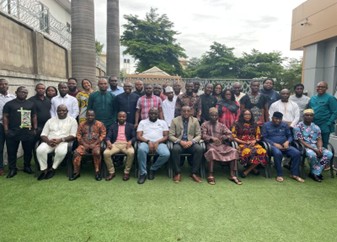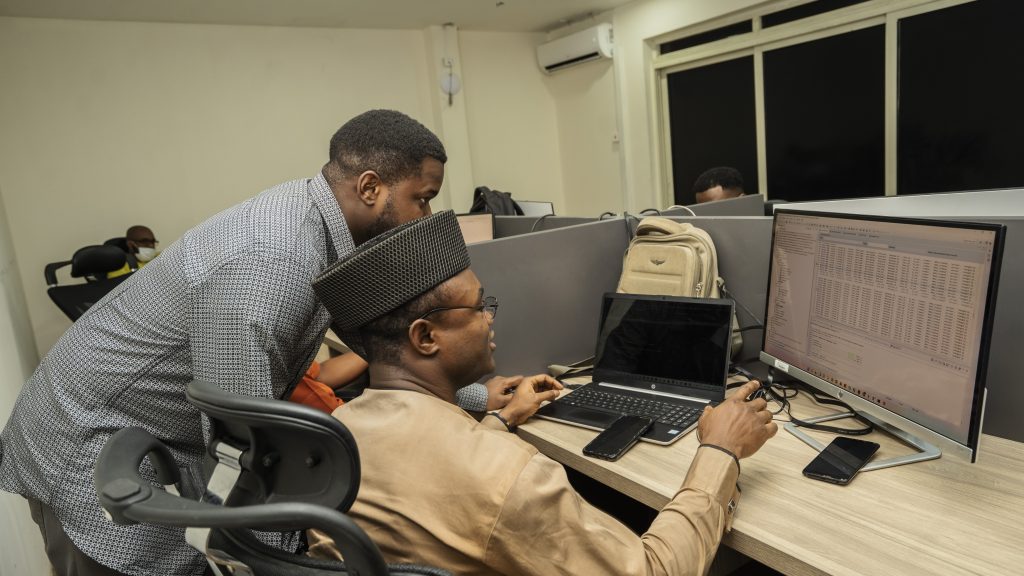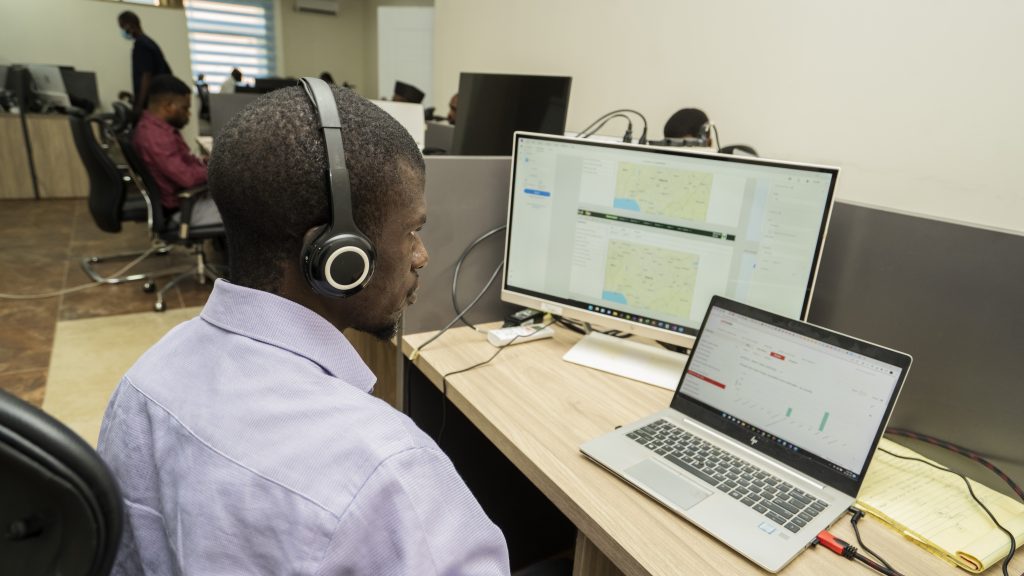Quality Improvement (QI) methods are proven approaches towards the enhancement of clients’ quality of care and outcomes in healthcare settings. This need birthed a collaboration between the Federal Ministry of Health (FMOH), and the US Centers for Disease Control and Prevention (US CDC) which initiated the National Clinical Mentorship Program (NCMP) in December 2021. The National AIDS, Viral Hepatitis and STI Control Program (NASCP) the lead FMoH agency for this initiative identified and employed highly skilled healthcare practitioners as mentors to provide continuous education and to enhance workforce performance and engagement of healthcare workers across health facilities in Nigeria. The US CDC through the Nigeria Public Health Information, Surveillance Solutions, and Systems (PHIS3) developed and implemented the quality improvement capacity-building program for the National Clinical Mentors (NCMs).
The NCMs key responsibility is to provide mentorship and leadership to healthcare workers (HCWs) in the HIV program in Nigeria and requires an extensive set of CQI skills to enable them mentor the HCWs. PHIS3 was tasked to implement the NCM QI Mentorship program to equip the NCMs with the necessary knowledge and skills in QI methods to enable them to implement QI projects across facilities in the country and provide them with the capacity for QI coaching. Based on the request, a Quality Improvement capacity-building program was conceptualized to have these components – A 5-day basic QI training, didactic sessions, mentoring sessions, and practicum built on the collaborative.
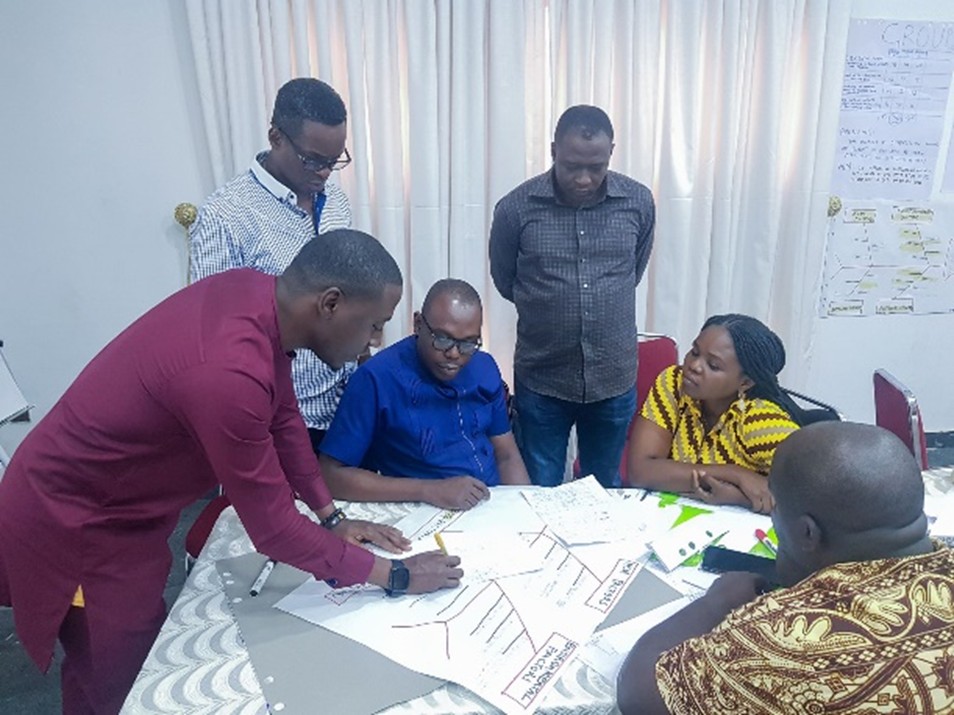 Breakout Sessions
Breakout Sessions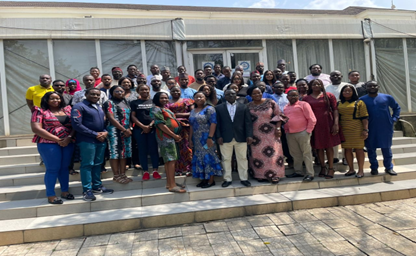 The Central SCMs Training, FCT
The Central SCMs Training, FCTThese presentations by the NCMs demonstrated their improving QI mentoring and facilitation skills and revealed key change ideas that showed improvement in the process measures tracked by the facility’s QI project. Post-mentoring session polls demonstrated knowledge gained especially in the QI knowledge section (from 60% to 100%). Each mentoring session allowed QI advisors to review work done and provide feedback on any area/s that required enhancement. Lessons learned from the NCMP were applied in the conceptualization of a similar mentorship program for over 170 State clinical mentors (SCMs) in the 19 US CDC-supported states. The trained NCMs were drafted to co-facilitate most of the capacity-building activities for these SCMs.
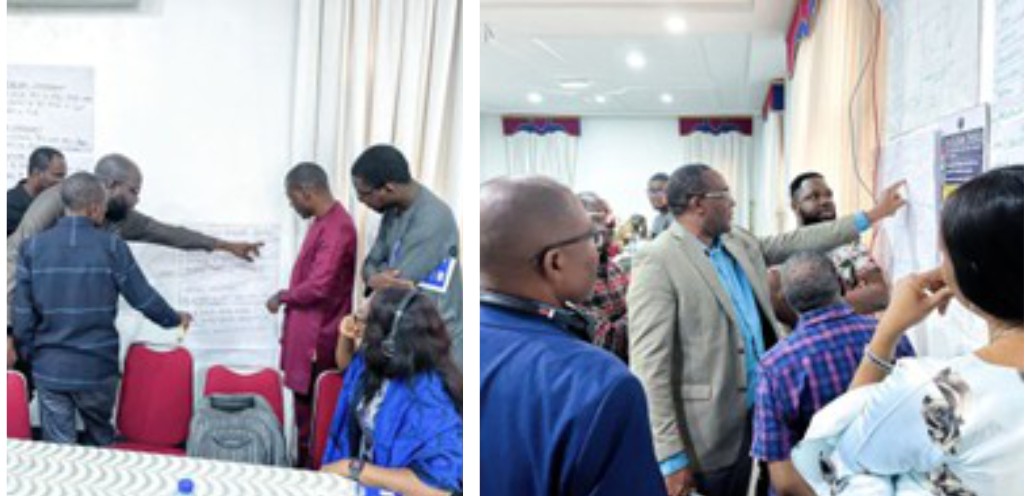 Breakout Sessions
Breakout SessionsSustainability of these efforts is vital in the HIV epidemic control which requires QI capacity at both national and sub-national levels. By providing Quality Improvement (QI) mentoring and enhancing the capabilities of NCMs, a cascading effect has been initiated for sustaining a QI culture in the country.
 The Eastern SCMs Training, Enugu
The Eastern SCMs Training, Enugu
